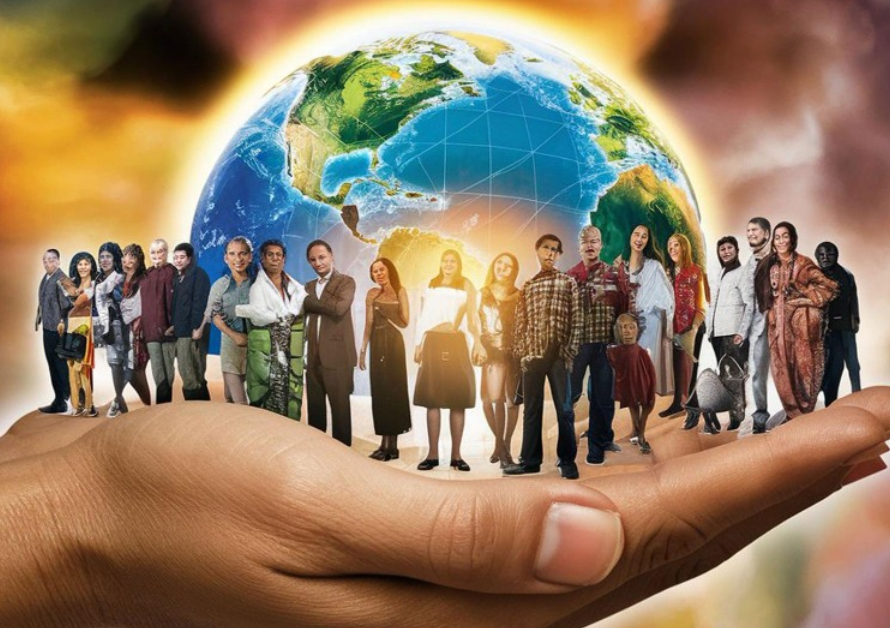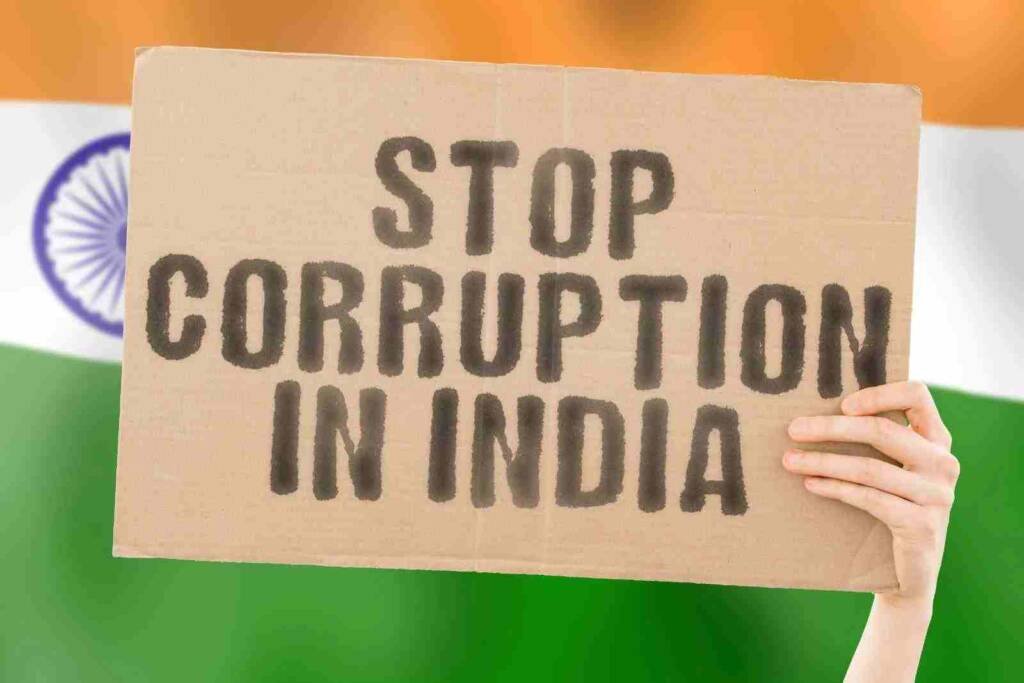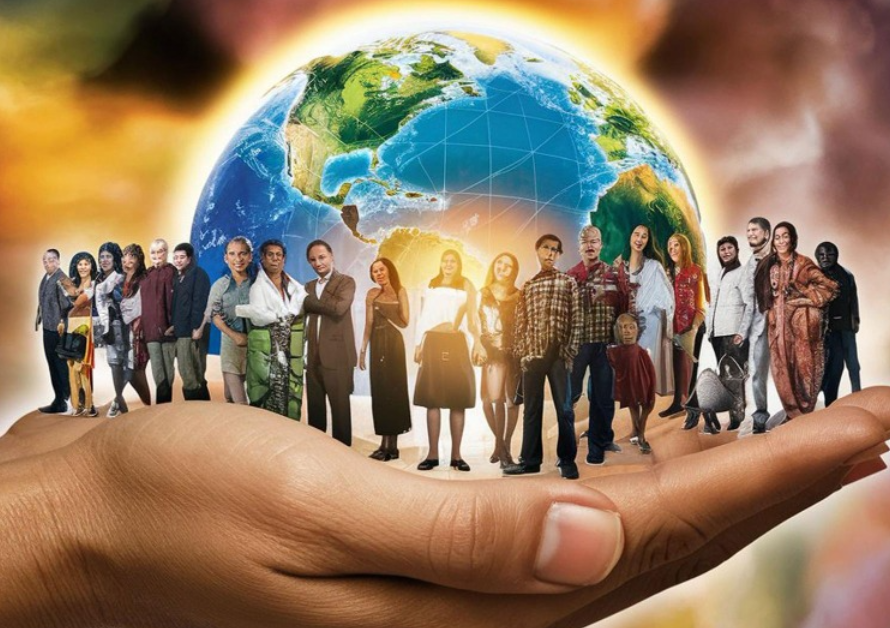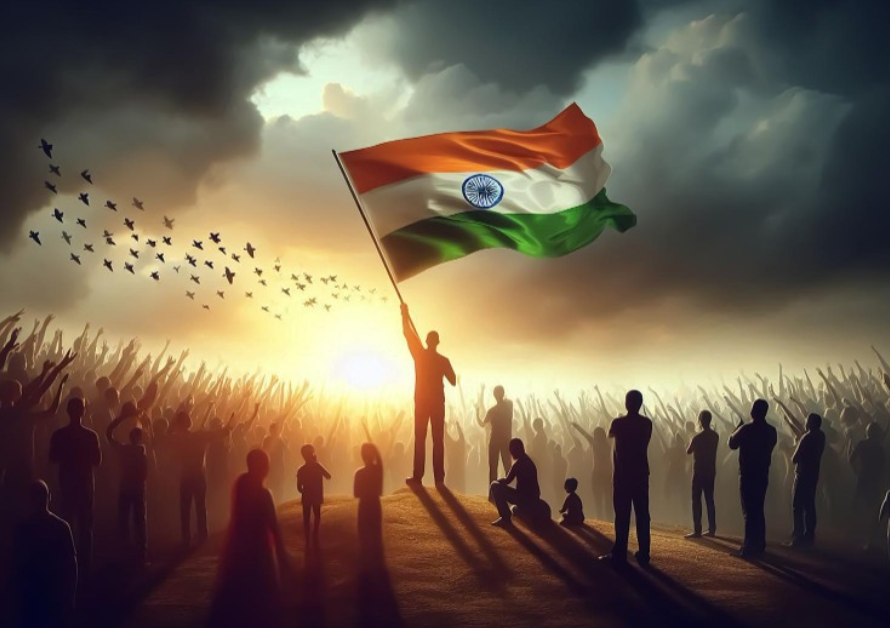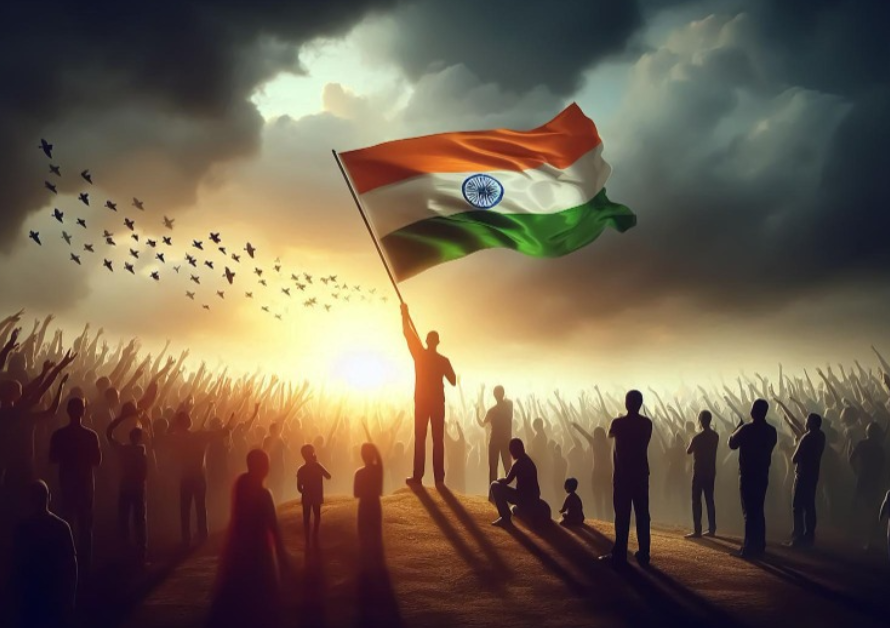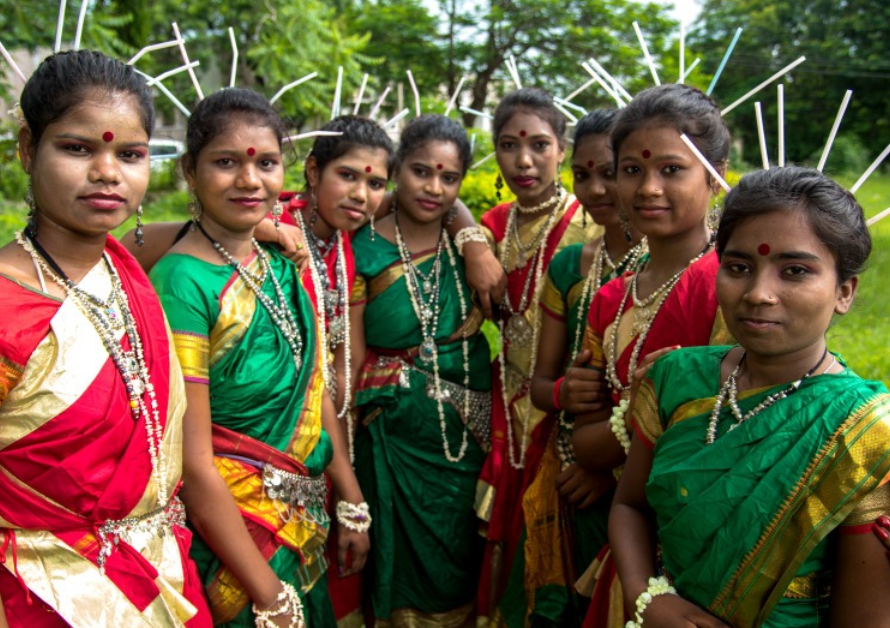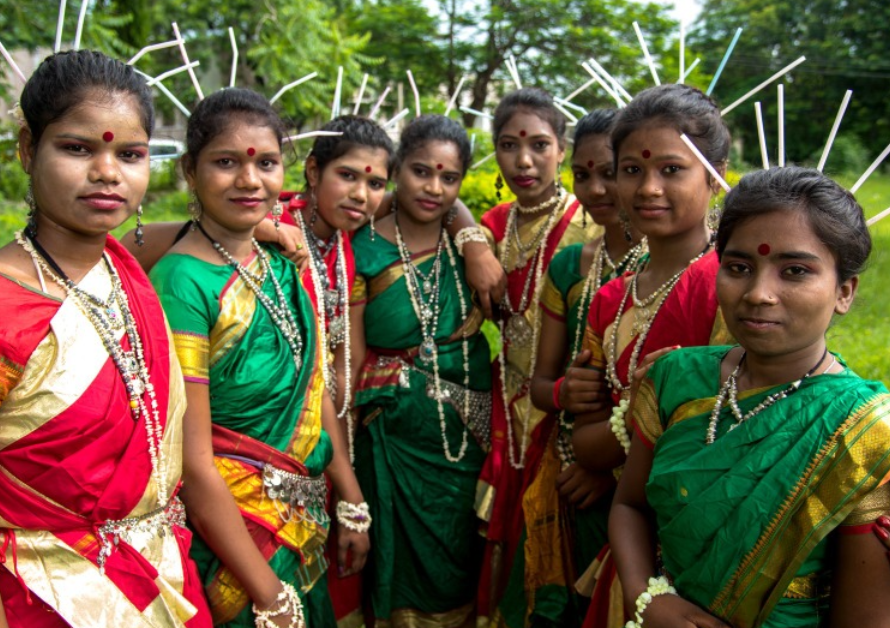Over the past decade, one of Prime Minister Narendra Modi’s most significant achievements has been the resurgence of India’s economy. Under his leadership, India has emerged as one of the world’s fastest-growing economies. This transformation has been driven by his relentless efforts to combat corruption, digitize governance, and ensure transparency in every aspect of the political and administrative system.
Before Modi’s tenure, India’s economy was severely impacted by widespread corruption under Congress-led governments. Scandals occurred frequently, draining public resources and funnelling wealth into corrupt politicians’ hands, with little left for developmental projects. Modi’s leadership has reversed this trend, redirecting resources towards infrastructure and economic development.
Efforts to Eliminate Corruption
Modi’s fight against corruption has been central to his administration. By implementing policies that make the system more transparent and digital, he has minimized opportunities for manipulation. The Digital India initiative, in particular, has been a notable success, introducing e-governance at all levels and reducing human intervention that often leads to corrupt practices. For the first time in decades, India has seen ten years without major political scandals, demonstrating the effectiveness of Modi’s anti-corruption campaign.
However, it is essential to understand that dismantling a system entrenched in corruption for over 70 years is not an overnight task. Government bureaucracy still includes many individuals shaped by the corrupt environment of previous regimes, making transformation gradual. As time progresses, these individuals are gradually being replaced, and the system is evolving. There is little doubt that Modi’s reforms will continue to bring improvement.
Resistance to Change
Certain sections of society are dissatisfied with Modi due to the transparency and digitization that has blocked the flow of easy money they enjoyed under previous governments. Corruption was often seen as a means of personal gain, and now, as the system cleans up, some feel their livelihoods are impacted. This dissatisfaction stems from an attachment to corrupt practices, disrupted by the new transparency.
Strengthening India’s Defence and Global Standing
Another crucial aspect of Modi’s leadership has been the strengthening of India’s defence framework. India’s military and defence systems are now stronger, allowing the nation to protect itself effectively against external threats and interventions. India has also earned a respected position on the global stage, with Modi leading the country forward as a growing economy and strong diplomatic presence.
Opposition’s Efforts to Discredit Modi
Opposition parties frequently criticize Modi, accusing him of being anti-poor and failing to address issues like inflation and unemployment. They also claim that he has overlooked minorities and marginalized communities. However, these criticisms appear to be part of a broader strategy to remove Modi from power. Opposition parties have united, often courting Muslim votes to gain electoral support, attempting to portray Modi as divisive, while his policies have focused on national development and unity.
Rise of Islam and Its Global Impact
A concerning trend facing India and other nations is the rise of radical Islam. In Europe, the rapid growth of the Muslim population has been observed as part of a strategic effort to increase demographic influence in democratic nations. As these populations grow, the influence of Sharia law often increases, contributing to extremism, terrorism, and violence in some areas. A similar strategy is being attempted in India, where there is an effort to increase the Muslim population in every state beyond 30%.
The 30% threshold is significant because the Muslim community typically votes based on religious lines, unlike the Hindu community, which is often divided by caste, sect, language, and regional identities, weakening its voting power. While Hindus make up 70–80% of India’s population, their electoral impact diminishes due to division, whereas Muslims, despite being a smaller portion, are highly effective in elections through unified voting. This dynamic was evident in recent West Bengal state elections, where the Muslim vote played a decisive role.
The Need for Hindu Unity
If Hindus do not unite and vote as a cohesive group, they risk losing influence in the democratic process, even as a majority. The opposition and parts of the global community exploit these divided Hindu votes to attempt to remove Modi from power. If they succeed, they could try to establish a puppet government in India, as seen recently in Bangladesh.
Global powers, potentially dissatisfied with India’s rapid economic growth and Modi’s leadership, are also involved in these efforts. Their objective is to weaken India’s leadership, destabilize the economy, and advance their agendas. They are counting on divided leadership in India to serve their interests.
A Call to Action
Now is the time for Hindus to unite and vote with one voice. Division based on caste, language, or community weakens political power, which ultimately benefits adversaries. Unity is essential to safeguard the strong, prosperous India that Modi has built and to protect our nation from external and internal threats.
This is a call for India to remain a strong, respected global power, ensuring a secure, economically prosperous, and corruption-free nation for future generations.
